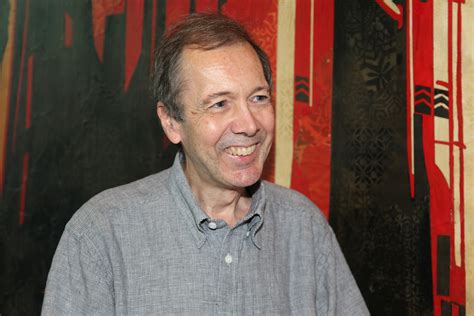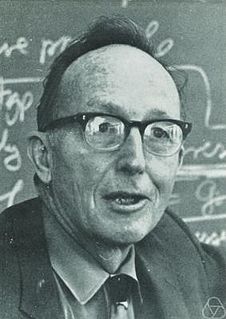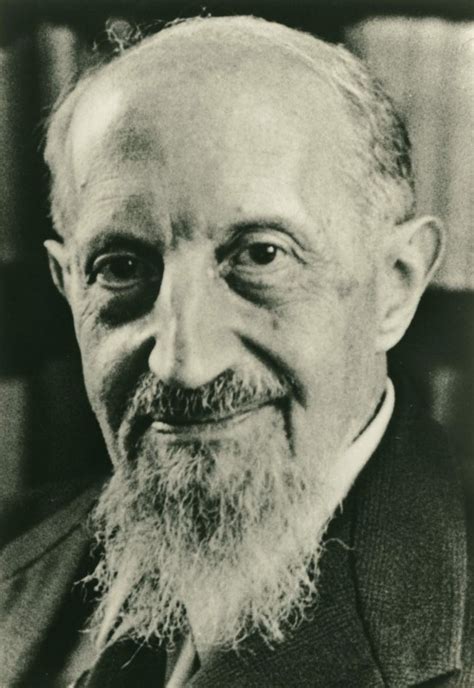A Quote by Evan Parker
There are many of these apparent philosophical paradoxes or contradictions which don't concern me anymore.
Quote Topics
Related Quotes
My hermeneutics is when I see verses in Scripture that are "apparent" contradictions - I don't believe they are contradictions - I believe them both. I believe them both. I believe take up your cross and deny yourself and follow me, and I believe come unto me all you who are weary and heavy laden and I will give you rest. They are different sides of the same thing.
There is a new science of complexity which says that the link between cause and effect is increasingly difficult to trace; that change (planned or otherwise) unfolds in non-linear ways; that paradoxes and contradictions abound; and that creative solutions arise out of diversity, uncertainty and chaos.
Yes. The way people behave, the paradoxes, the contradictions. All these things we have to live with and still pretend that everything is only black or white. That, I think, is the most interesting thing in human nature. The fact that we have to do one thing and pretend something else. That’s when it becomes very interesting. If you can literally speak the way you feel, then it’s not interesting anymore. It’s when you have to lie that it becomes interesting.
My first degree was in mathematics. That was great, but it didn't help with many of the things that puzzled me. I became a philosopher because I wanted to understand everything, especially those things that didn't make sense. And that has continued to be my philosophical motivation. That's one reason I have such a roving philosophical eye - once I have figured out a philosophical topic to my satisfaction, I find myself moving on to new problems.
'I believe, Mr. Snitchey,' said Alfred, 'there are quiet victories and struggles, great sacrifices of self, and noble acts of heroism, in it - even in many of its apparent lightnesses and contradictions - not the less difficult to achieve, because they have no earthly chronicle or audience - done every day in nooks and corners, and in little households, and in men's and women's hearts - any one of which might reconcile the sternest man to such a world, and fill him with belief and hope in it.
Much of the conventional analysis of India's stature in the world relies on the all-too-familiar economic assumptions. But we are famously a land of paradoxes, and one of those paradoxes is that so many speak about India as a great power of the 21st century when we are not yet able to feed, educate and employ all our people.




































